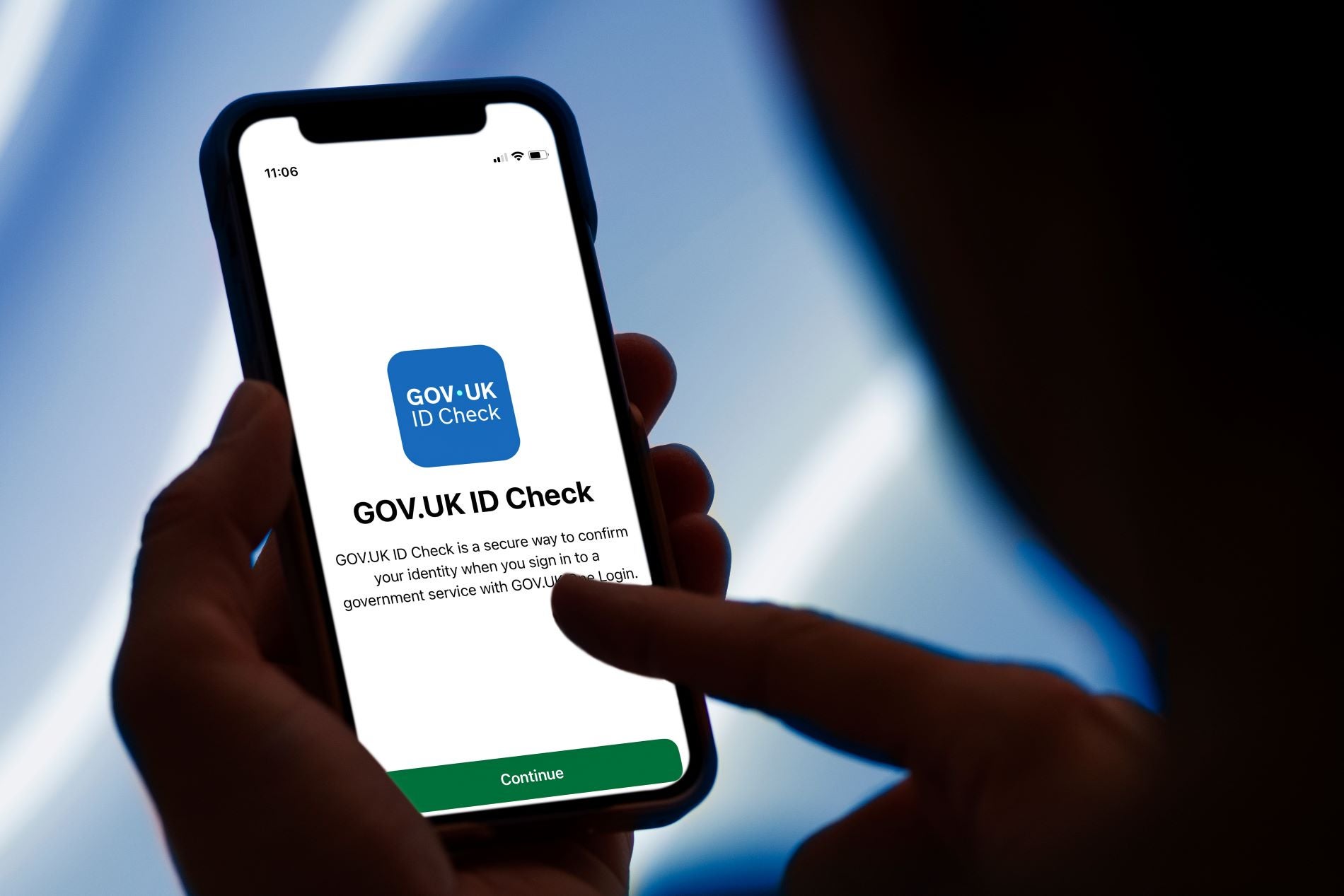Final week, Keir Starmer introduced a serious authorities scheme to roll out digital ID for all UK residents and authorized residents. By the top of this Parliament, digital ID is about to develop into necessary in Proper to Work checks, partly to simplify the method.
The scheme has additionally been framed as a deterrent to unlawful migration, with Starmer claiming that making entry to work tougher will discourage crossings of the Channel. He has described digital ID as “an infinite alternative for the UK.”
But for a lot of SMEs, considerations could lie much less with controlling immigration and extra with the sensible influence of digitisation. Will digital ID genuinely streamline hiring, or will it place extra obstacles between companies and the folks they wish to rent?
What’s the new digital ID scheme?
The federal government’s new digital ID scheme will provide free, safe, and smartphone-based identification verification for UK residents and authorized residents.
In its official announcement, the scheme was positioned as a part of the federal government’s anti-immigration stance, the thought being that stricter entry to work will make the UK much less interesting to folks with out authorized standing.
Past this agenda, the digital ID is a mobile-based answer, very like the NHS app or contactless funds, permitting staff to finish Proper to Work checks (finished to confirm a candidate’s authorized proper to work within the UK pre-hire) with out offering paper paperwork.
Digital ID may scale back the chance of fraud. Knowledge from the Centre for Finance, Innovation and Expertise (CFIT) exhibits that greater than eight in ten SMEs may pay for a Digital Firm ID, because the tech might assist scale back the £6.8bn misplaced to fraud yearly within the UK.
Will it actually cease unlawful working?
Whereas digital ID could also be new, Proper to Work checks have been launched many years in the past, together with the present unlawful working laws, which has been in place since 2008. Regardless of this, unlawful working nonetheless goes on.
On this level, Emma Brooksbank, Immigration Companion at nationwide legislation agency Freeths, commented: “It’s tough to see how the Authorities’s proposal to introduce digital ID will make any distinction to unlawful working within the UK.
“Digital ID will merely imply that compliant employers have to adapt their processes, and people who select to disregard the foundations and make use of folks illegally will proceed to take action.”
Her perspective highlights an important challenge: regardless of many years of identification checks, many employers ignore the foundations. And why would the introduction of digital ID change the behaviour of these already working outdoors the system?
As a substitute, it should primarily be law-abiding SMEs who will likely be required to alter their hiring processes. Obligatory digital ID could merely find yourself including additional purple tape for small companies with out delivering the promised ease.
There are additionally safety considerations. Whereas the IDs could be saved in a safe, encrypted digital pockets, consultants warn that if the information can also be saved centrally for cross-referencing, the system might develop into a hacking goal, elevating questions on the way it complies with UK GDPR.
Alan Woodward, professor of cybersecurity on the College of Surrey, instructed The Guardian that an ID database is like “portray an enormous goal on one thing to say ‘come and hack me’.”
Implications of digital ID for SMEs
Digital ID is only one step in a lot of bigger good knowledge initiatives being rolled out by the federal government, that are meant to enhance administration and transparency for SMEs.
That is along with different steps to observe entrepreneurship, together with tighter restrictions round ID at Firms Home and the brand new On-line Security Act. There appears to be a transparent theme: digital monitoring of companies and staff is changing into the norm.
Whereas the intentions behind digital ID could also be rooted in stopping fraud and boosting effectivity, it could miss the mark. As consultants word, unlawful working is unlikely to be stamped out totally, and the strain of compliance could fall on companies already following the foundations.
For SMEs, the scheme might add undesirable complexity with out delivering tangible advantages, one other layer of forms at a time when many are already stretched skinny.

Related posts
Subscribe
* You will receive the latest news and updates!
Quick Cook!
Dubai unveils ‘ 2025 Startup Information’ to spice up digital entrepreneurship ecosystem
Dubai Chamber of Digital Economic system has launched the “Dubai Startup Information”, a brand new publication designed to assist entrepreneurs…
Operating A Enterprise Can Be A Actually Darkish Place
Final week, Dragons’ Den returned to TV after a three-month hiatus. It’s been significantly longer since Britons noticed Theo Paphitis…



